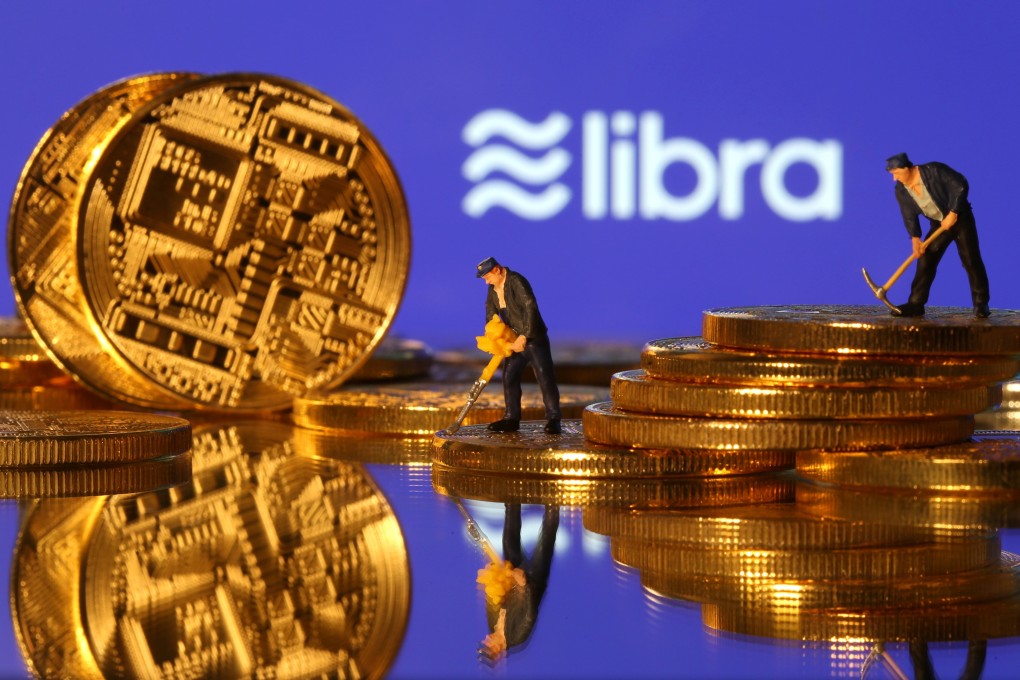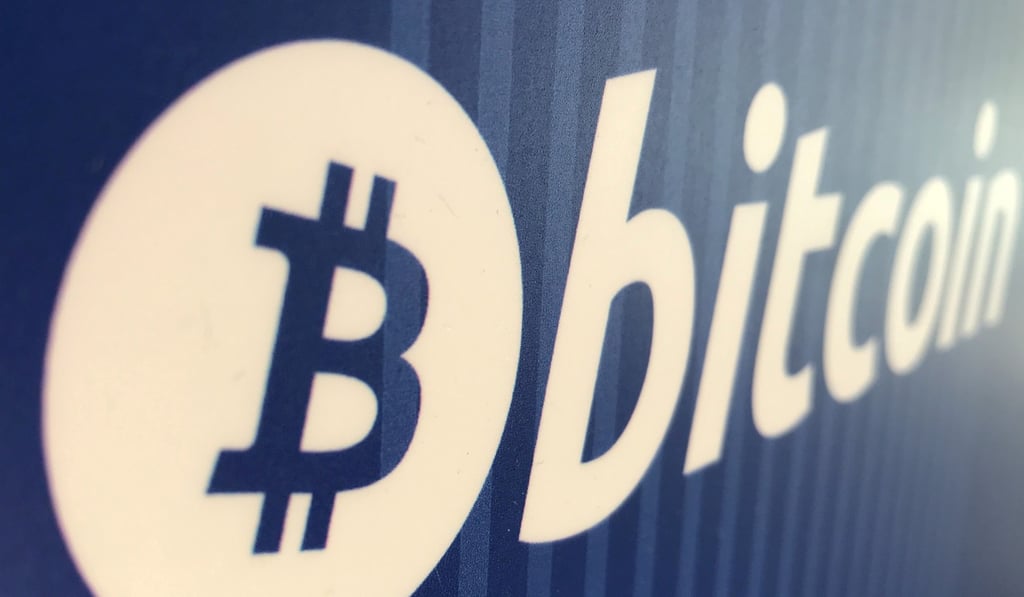Facebook’s Libra global cryptocurrency - how will China react?
- Expected launch next year raises new questions for China, analysts say
- Central bank’s plan to develop a sovereign digital currency yet to make progress

Facebook’s plans to launch a cryptocurrency could usher in a new type of “currency competition” and force China to rethink how it deals with the realities of the digital world, analysts said.
In the past, Beijing has cracked down on cryptocurrencies like bitcoin, viewing them as a threat to financial stability, and has tried, with little success, to develop a “sovereign” digital currency of its own.
Facebook’s Libra, which is expected to be launched next year, raises a tough question for Beijing as it may have greater implications for global currencies, payments and financial systems than traditional currencies.
That is because it will be pegged to a basket of convertible currencies – so it could serve as a stable online currency – while its payments will be endorsed by Visa and Mastercard meaning it can be used for a range of online services. Also, Facebook has more than 2 billion users.

Also, its aim to make payments easier could undermine Beijing’s efforts to curb capital outflows, while its potential to become a global currency could bring uncertainty to China’s use of the yuan as an economic and policy tool, analysts said.